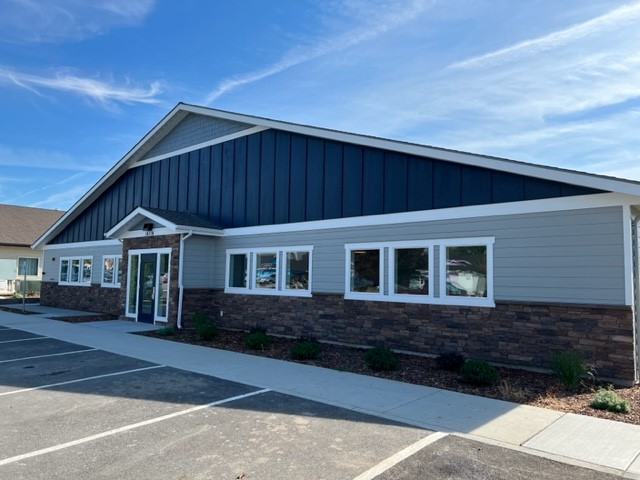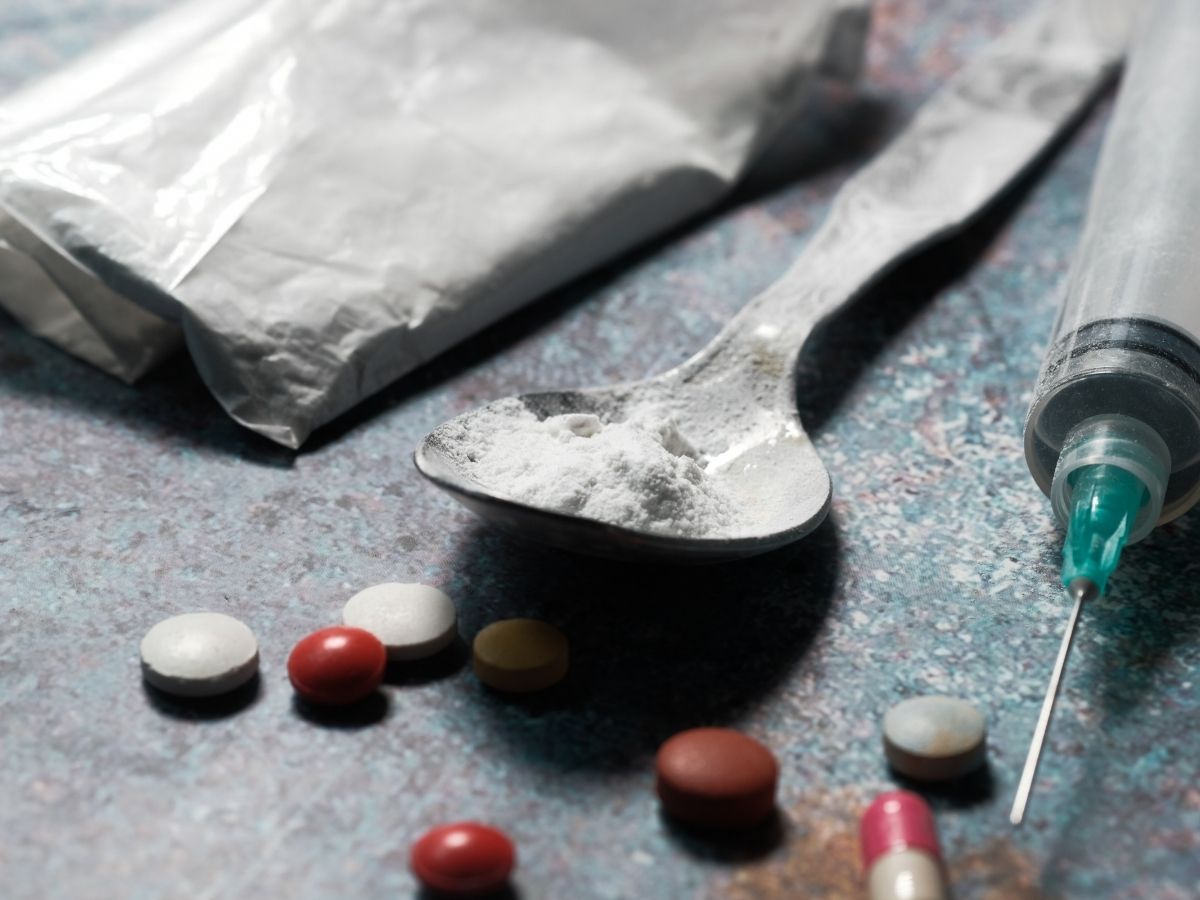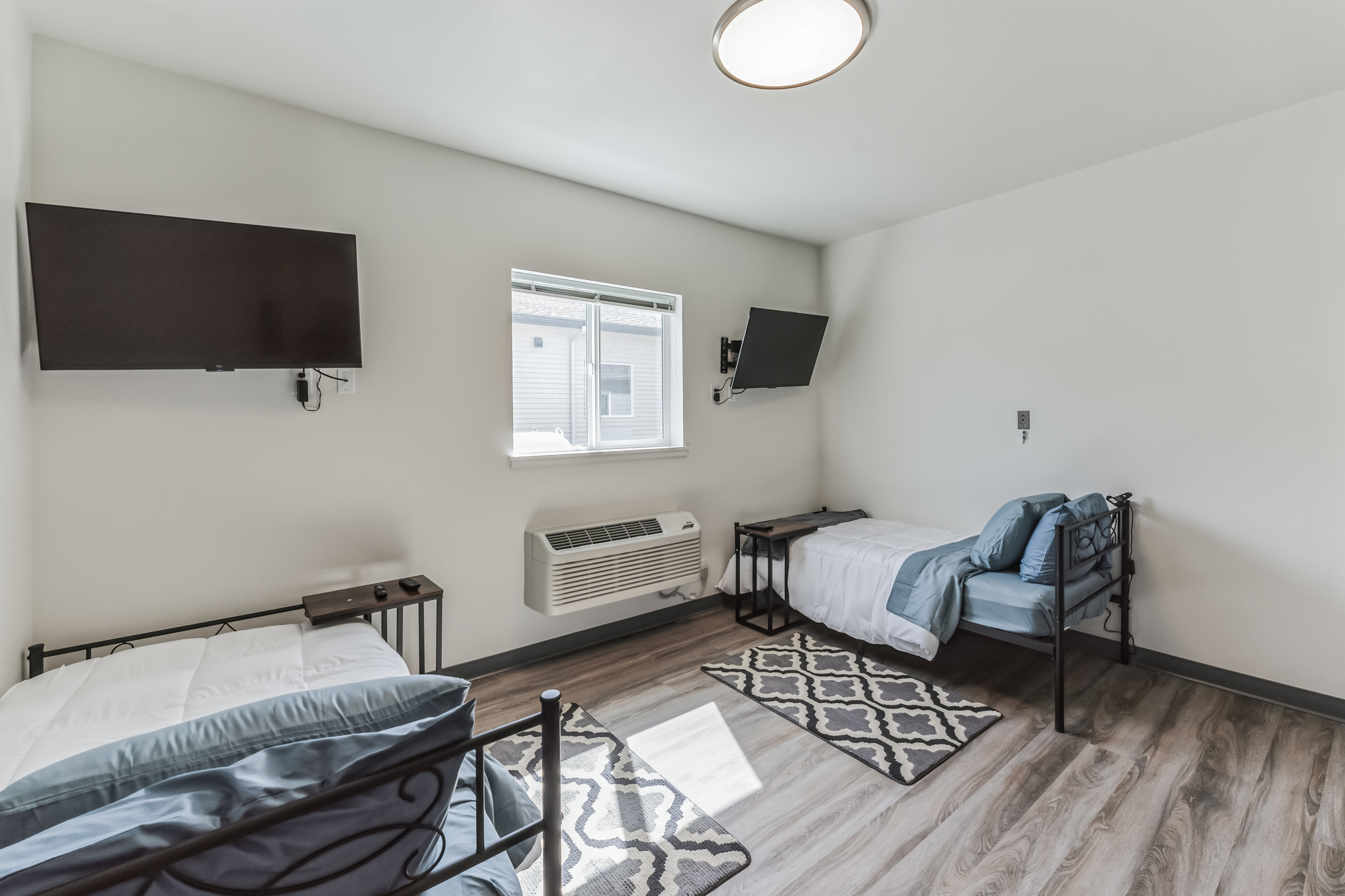
Recovery and Sobriety Meaning
What is sobriety? When individuals pose such a question, they expect that sobriety is synonymous with not using drugs or alcohol. Although this is part of the picture, the definition of sobriety encompasses much more. The sobriety definition includes leading a life that is devoid of mind-altering substances as well as constructing an integrated and meaningful life based on healthy habits and connections.
It is not only avoiding dangerous drugs and substances; it is providing a new lifestyle that safeguards emotional, mental, and physical well-being.
Skip To
Table of Contents
Define Sobriety: More Than Just Abstinence
In the simplest definitions of sobriety, it is the absence of using drugs and alcohol. But long-term recovery focuses on more than physical abstinence.
True wellness often includes the following.
- A clear mind and stable mood
- Healthy habits like exercise, nutrition, and sleep
- Supportive friendships and family connections
- Personal growth, self-reflection, and resilience
It is to ensure that substances no longer influence your decisions, feelings, and future.
End the Emotional Pain. Get Your Life Back.
Feeling Depressed, Anxious or Struggling with Mental Health Illness? Get Safe Comfortable Mental Health Dual Diagnosis High-Quality Therapy From Counselors That Care. Begin Your Recovery Now.
Hotline: (509) 348-4077

Why The Recovery Process Matters
Addiction problems affect almost all aspects of life, including relationships, work, money, and physical health. A commitment to recovery offers these and more.
- Improved health – better sleep, more energy, stronger immunity
- Healthier connections – rebuilding trust with friends and family
- Greater stability – fewer mood swings and emotional outbursts
- Sharper thinking – improved concentration and decision-making skills
Resulting in an investment in change, you have given yourself something worth defending.

Steps in the Recovery Journey
1. Acknowledging the Problem
The first stage of the recovery process is to identify that you are harming yourself through substance abuse. This step opens the door to meaningful change.
2. Seeking Professional Help
Inpatient, outpatient, or therapy-based structured treatment programs offer the tools, support, and network to get through early recovery.
3. Finding a Support Group
Connecting with other members of 12-step programs or meetings in yor community or online will help you stay accountable.
4. Learning Healthy Coping Skills
Old habits can be changed to healthy ones, either through activities that consume a lot of time and energy (sports, creative hobbies, mindfulness practices), so that the desire to use drugs or alcohol fades.
5. Maintaining Sobriety Long-Term
Continued treatment (e.g., by aftercare programs, counseling, or family therapies) supports the maintenance of healthy behaviors and the avoidance of a relapse.
Get Help. Get Better. Get Your Life Back.
Searching for Accredited Dual Diagnosis Mental Health Centers Near You?
Even if therapy failed previously, or are in the middle of a difficult crisis, we stand ready to support you. Our trusted behavioral health specialists will not give up on you. When you feel ready or just want someone to speak to about counseling alternatives to change your life call us. Even if we cannot assist you, we will lead you to wherever you can get support. There is no obligation. Call our hotline today.
FREE 24/7 Dual Diagnosis Mental Health Services HotlineChallenges Along the Way
It is a good way to heal, but not without struggles. People often encounter the following difficulties.
- Cravings and environmental triggers
- Emotional highs and lows
- Social pressure to return to old habits
- Anxiety about significant life changes
When one is given the help of professionals, the backing of a support group, and a holistic recovery program, these obstacles are manageable.

Case Insights and Educational Examples
(For educational purposes only. These fictional examples do not represent real people and are not intended as medical advice.)
Case 1 – Without Treatment
James had experienced ten years of having an active substance use disorder that was untreated. He did not want to stop or be treated, and his mental issues worsened. His personal life finally crumbled, and his career collapsed, in addition to him having frequent legal and medical crises.
Case 2 – With Addiction Treatment
Lisa sought help through a structured addiction recovery program. She was put through therapy, a support group, and taught about relapse-prevention. A year later, she was in better health, had restored family relations, and had chosen a new career path.
Key Lesson: The gap between untreated and treated outcomes is enormous. Professional care, community support, and consistent follow-up greatly increase the odds of maintaining sobriety.
Comfortable Facilities & Amenities
High-Quality Mental Health Services & Behaviroal Health Substance Abuse Treatment
Rehab Centers TourRenowned Mental Health Centers. Serene Private Facilities. Inpatient Rehab Programs Vary.
Mental Health Helpline: (509) 348-4077Proven recovery success experience, backed by a Team w/ History of:
15+
Years of Unified Experience
100s
5-Star Reviews Across Our Centers
10K
Recovery Success Stories Across Our Network
- Low Patient to Therapist Ratio
- Comprehensive Dual-Diagnosis Treatment
- Complimentary Family & Alumni Programs
- Coaching, Recovery & Development Events
- Comfortable Onsite Medical Detox Center
Expert Advice & Actionable Tips
These recommendations should not be taken as medical advice simply because they are meant to have a teaching purpose in mind. Always consult a licensed professional for personalized support.
Ways to Strengthen Recovery
- Find out the triggers and know how to deal with them
- Stay connected to a support group and a sponsor
- Routinely have a healthy lifestyle: eat well, exercise, and get a good night’s sleep
- Write a diary to keep an eye on the progress and watch out for possible red flags
- Family therapy can be considered as a way of fixing the relationships and building the home environment
- When you are going throughthe recovery process, celebrate it, no matter how small
The Role of Mental Health in Recovery
Addiction and mental health issues are often intertwined. Depression, anxiety or traumatic problems are also faced by many individuals in their stages of recovery. Combined therapy to treat addiction and mental disorders is a more solid ground to maintain a change.
Life After Addiction Recovery
After passing the first phase of treatment, you or a loved one can start on long-term goals.
- Explore new hobbies and passions
- Build and maintain healthy relationships
- Continue attending therapy or 12-step programs
- Set personal and professional plans that inspire growth
Long-term recovery is concerned with creating a life in which the use of substances no longer seems to be required.
Frequently Asked Questions (FAQs)
-
Where in Spokane Valley, Washington can you find help with sobriety?
We Level Up Washington is an evidence-based, caring facility dedicated to people struggling with an addiction to mental or physical conditions. Our services include customized treatment, which begins with detoxification and therapy, and continues with long-term sobriety planning.
-
Where in Liberty Lake can you find treatment to achieve sobriety?
Liberty Lake residents have access to our holistic approach to treatment, including individual counseling, group therapy, and relapse prevention.
-
Where in Post Falls, ID can you get help with sobriety?
We Level Up Washington is a short drive from Post Falls, ID, providing a safe and positive atmosphere that will support anyone trying to overcome substance abuse.
Don’t Wait; Reach Out Today
Recovery is a personal pledge to your health, your loved ones, and your future. Though the process of getting there requires a certain amount of bravery, the payoffs, which include improved health, improved relationships, and peace, are well worth putting in the effort. When you or someone you love is ready to begin, do not hesitate, call We Level Up Washington today.
World-class, Accredited, 5-Star Reviewed, Effective Mental Health Dual Diagnosis Programs. Complete Integrated Inpatient Rehab with Free Post Discharge Therapy Planning.
Hotline: (509) 348-4077End the Emotional Pain Rollercoaster. Gain Stability & Happiness Through Recovery Treatment. Start Mental Health Counseling Today. Get Free No-obligation Guidance by Behaviroal Health Specialists Who Understand Mental Health Recovery.
Summary
Call today to speak with our team and learn more about our programs. We Level Up Washington: (509) 348-4077. Your next step starts here.





